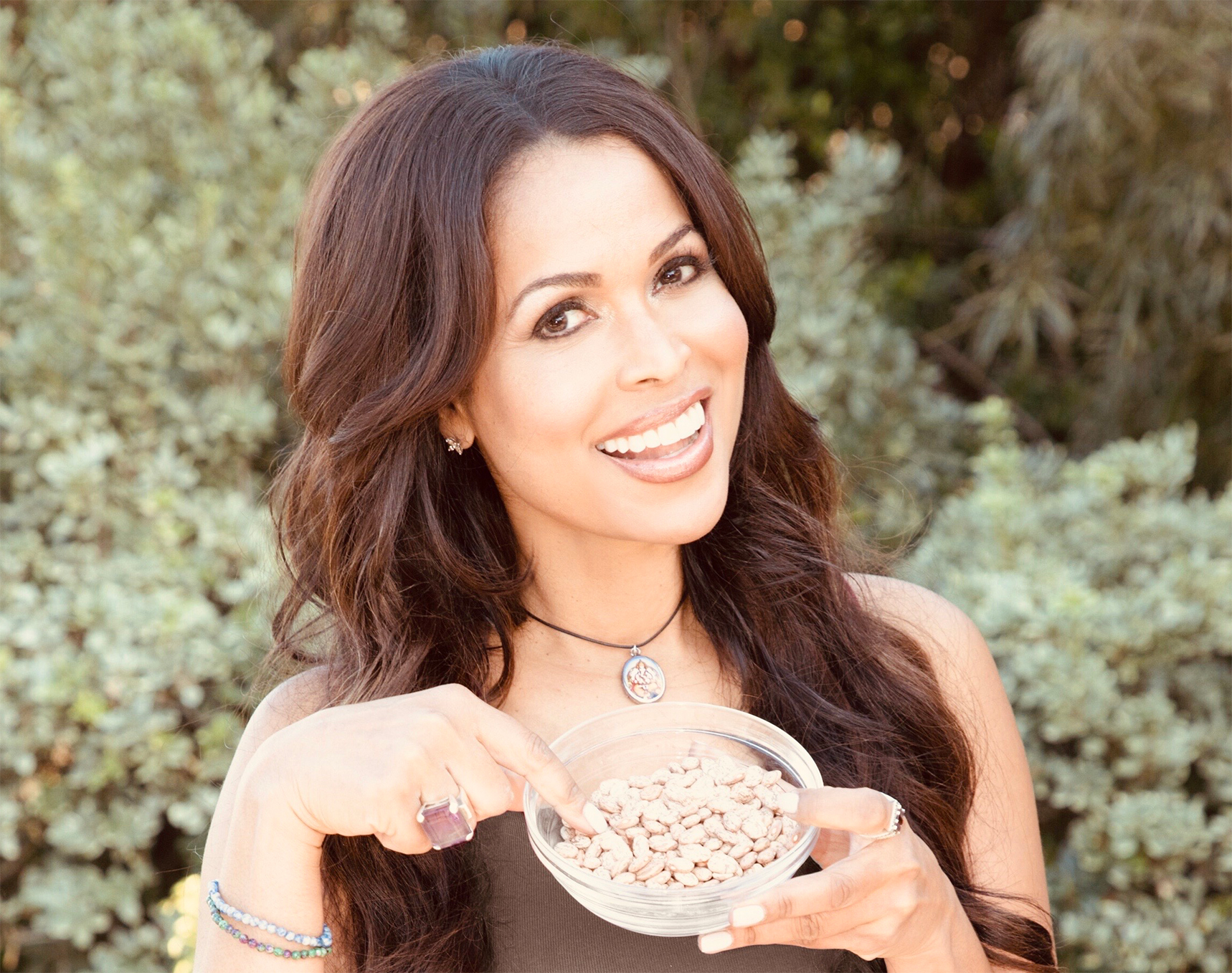Beans are humble, widely used foods that you can pick up cheaply in many forms and varieties. They’re featured in cuisines around the world and even show up in a fairytale or two. So far as we know, these legumes may be the earliest plants ever cultivated by humanity. Their hardiness and health benefits have been common knowledge for millennia.
But if you’re not eating beans regularly, you’re not cashing in on this knowledge. Our distant ancestors cultivated beans for certain reasons, even if they didn’t know what they were. Modern health science helps us break down the humble bean into its component benefits so you can be sure why you’re including it in your regular diet. If you’re not on board yet, maybe you will be by the bottom of this page.
1. Beans are Heart-Healthy

No matter which beans you choose, they’re going to be packed with plant-based protein, making them ideal sources for vegan and vegetarian diets.
This protein helps lower LDL (“bad” cholesterol) levels to improve your heart health and reduce your risk for heart disease. They also moderately reduce blood pressure, increase good cholesterol, and fight inflammation in your circulatory system.
2. Beans are Weight Loss Food

Beans satiate your appetite because of their high protein and fiber content. Despite high protein, beans are still low in calories, however, which makes it easier to get your daily protein without gaining weight.
They’re also packed with nutrients like magnesium, potassium, folate, and Vitamins B1, B6, E, and K. All of these minerals work together to improve your metabolic response, reduce obesity-related inflammation, and get your digestion moving.
All of this can help you lose weight.
3. Beans Can Lower Blood Sugar

Beans’ high fiber content makes them slow to digest. If you’re diabetic, you may know this as a “low glycemic index.” For the rest of us, it just means that slow-digesting foods like beans increasing your blood sugar very slowly. What’s the big deal?
This gives you more control over your sugar levels, helping you feel satiated for longer between meals. This is great for losing weight but especially useful for diabetics. Beans provide a nutritious, low-calorie way to regulate their blood sugar levels, as well as get their daily protein allotment.
Gradually reduced blood sugar and insulin levels can be achieved by including beans regularly in your diet.
How to Eat Beans

We all know that beans are staples in food cultures around the world, many of which have influenced comfort foods in the United States (my vegetarian chili, for instance, is definitely a family favorite!). But this doesn’t mean beans are good for everyone. You need a few tips to avoid making some common mistakes with bean preparation.
For some people, beans can cause gas, cramps, and bloating. They may result in increased inflammation if not handled correctly. To avoid this, you should soak raw beans for a while before you cook them, removing what’s called “lectins” and other starches that are partly responsible for giving you gas.
Then, you want to cook them at a high temperature to leech out the rest of the lectins and make them as safe as possible to eat. If you know that your digestive system doesn’t always agree with beans, but you want to try them to reap their benefits, follow these steps to make them easier on your stomach.
The Takeaway
Beans are not the most romantic foods on the outside, but they’re instrumental to a ton of classy preparations that are particularly useful for quarantine shoppers. They’re easy to buy in bulk and store, ensuring that you and your family always have a readily available source of plant-based protein.
No matter which beans you buy, they contain some variation of the above benefits, which include improved digestive health, heart function, and blood sugar control.
To make them safe and beneficial to consume, soak them first and cook them at high heat. Other than that, beans should be a staple of your weekly diet, at least in moderation.





Leave A Comment